Hawkins Brown school and flats redevelopment headed for approval despite objections from residents and architecture groups
Controversial Hawkins Brown plans to build a new school and mid-rise block of flats on the edge of London’s Golden Lane Estate are set to be approved despite an outcry from residents and heritage groups.
The City of London’s planning and transportation committee is being urged to give its backing to the proposals for a three-storey primary school and 14-storey social housing block on a 0.4ha site at the north-east of the estate which was designed by Barbican architects Chamberlin, Powell and Bon.
The plot, at the junction of Golden Lane and Baltic Street, straddles the Islington-City boundary and currently houses garages, a disused special-needs school and community facilites.
Objections to the current proposals, which would deliver 66 social rented homes and affordable workspace, in addition to the two-form entry school, centre around their impact on the existing estate, most of which is listed at grade II, save for the grade II* Crescent House. The estate’s tallest element is 17-storey Great Arthur House.
A report to next week’s meeting says a total of 144 individual objections have been made to the proposals, with chief concerns being loss of light and impact on the existing estate. A 1,240-name petition coordinated by the Save Golden Lane campaign group accuses the City and Islington of bringing forward “sub-standard proposals for an overpowering extension” to the estate with a design that “threatens its architectural significance and integrity”.
City planners said 42 letters of support for the proposals had also been received, stating the case for the new school and extra social housing.
The Twentieth Century Society and Save Britain’s Heritage formally oppose the plans. The former said that while the school and flats would provide clear public benefit, those gains would be “seriously undermined by what is a clear overdevelopment”.
Government heritage adviser Historic England stopped short of opposing the plans, but stated that Hawkins Brown’s proposals would “clearly impact on the designated heritage assets on the Golden Lane Estate and neighbouring streets”.
Architect Tim Godsmark, who is chair of the Golden Lane Residents’ Association, listed a host of practical issues the scheme would generate, and concluded that the proposals were “fundamentally flawed” and should not be allowed to proceed.
“The detail design of both the school and the housing block [is] not to the high standard set by their neighbours,” he said in a letter to City planners.
“The school is an unreleased brick box with nothing to denote it as a public building. The housing block has an arbitrary pattern of concrete panels on both facades which, apart from having no raison d’être, is in sharp contrast to the lightness of touch of the Golden Lane Estate.”
Godsmark urged Islington and the City to look at lower-rise ways to regenerate the site with a new school and social housing, potentially by organising a competition with that aim.
Recommending the plans for approval City planning officers said Islington councillors had already approved the scheme earlier in the month and their decision was a “material consideration” that should be borne in mind.
“Most of the environmental effects from the scheme arise from the residential tower and the school use,” they said.
“All the residential and the vast majority of the school site are in the LBI and it is a material consideration for your determination that the LBI resolved to grant planning permission.
“When considering the whole scheme, it is considered that the less than substantial harm to the significance of relevant heritage assets and the impact on daylight to dwellings in Basterfield and Hatfield Houses in the City and Banner House in Islington, while noticeable, can be weighed against the public benefits of delivering a school on this former education site and social housing, for which there is a demonstrable need.”
They said although the proposals did not comply with some local policies, “when considered as a whole” they did accord with the City of London’s local plan and the London Plan.
The City’s planning and transportation committee meets at 10am on Monday.
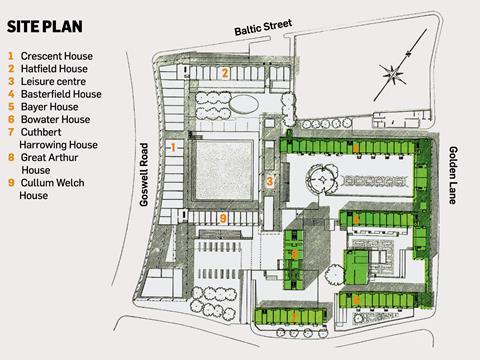









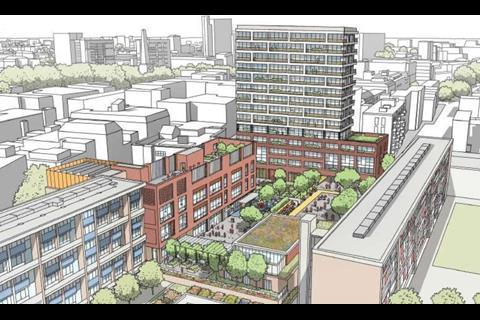
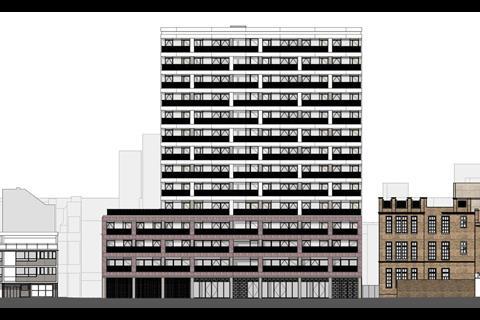
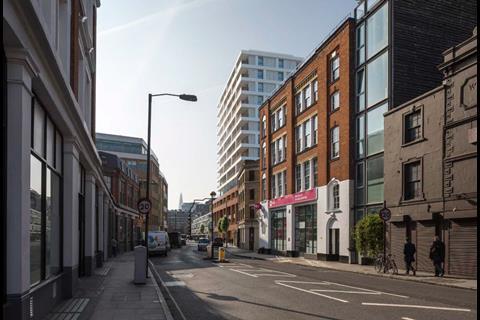
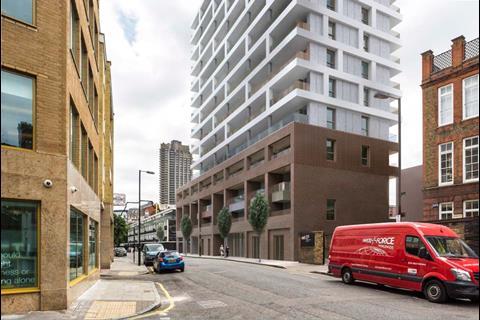
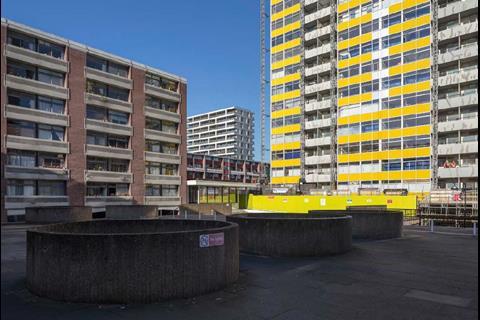
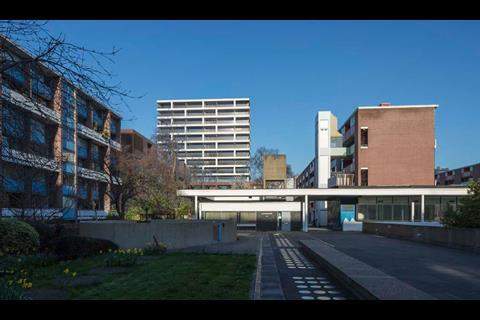
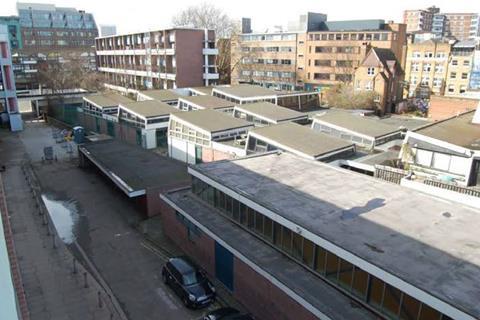
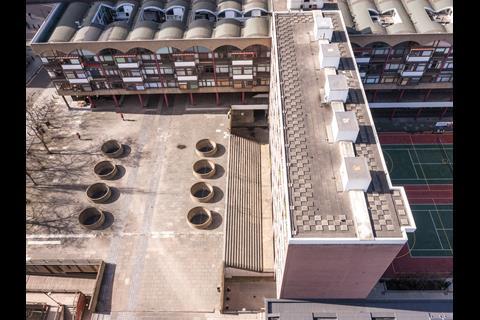
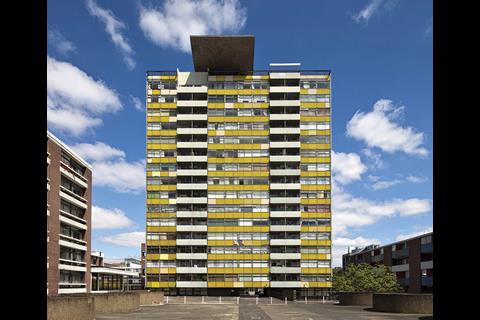








1 Readers' comment